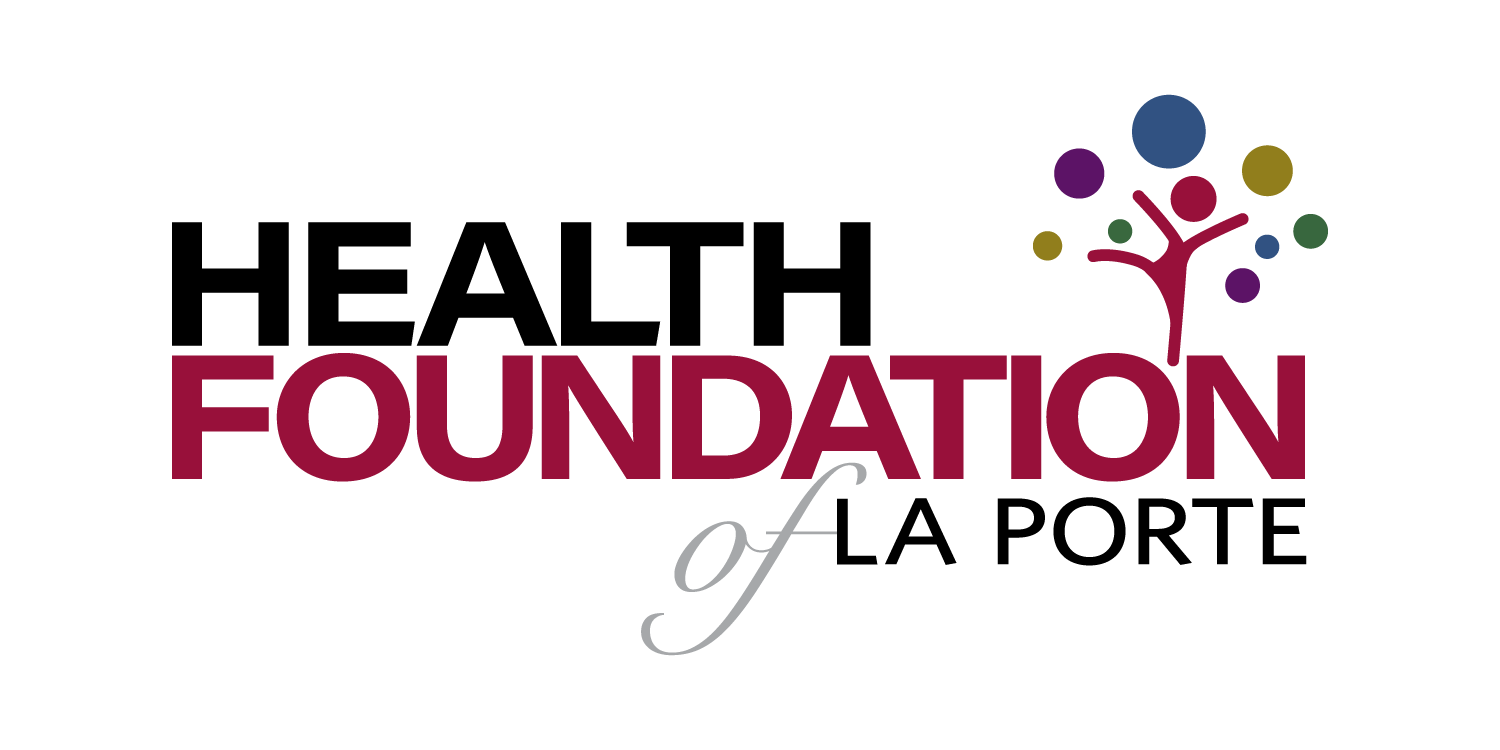Promising Practices
The Promising Practices database informs professionals and community members about documented approaches to improving community health and quality of life.
The ultimate goal is to support the systematic adoption, implementation, and evaluation of successful programs, practices, and policy changes. The database provides carefully reviewed, documented, and ranked practices that range from good ideas to evidence-based practices.
Learn more about the ranking methodology.
Filed under Evidence-Based Practice, Health / Physical Activity, Women, Racial/Ethnic Minorities, Urban
Goal: The goal of the program is to increase fruit and vegetable consumption behavior in participants of the Women, Infants, and Children program in Genessee County, Michigan.
Impact: Participants of the program increased their fruit and vegetable consumption and the program had a positive effect on participants attitudes toward consuming fruits and vegetables.
Filed under Evidence-Based Practice, Health / Mental Health & Mental Disorders, Adults, Urban
Goal: The MoodGYM and Blue Pages websites aim to alleviate depression symptoms and increase understanding of depression using the Internet.
Filed under Evidence-Based Practice, Health / Immunizations & Infectious Diseases, Men, Urban
Goal: The goals of Mpowerment are to mobilize young gay and bisexual men to reduce sexual risk taking, encourage regular HIV testing, and build positive social connections with peers.
Impact: The Mpowerment intervention successfully developed a mechanism to socialize young gay men to safer sex. Since this intervention relies primarily on volunteers, it is relatively inexpensive for communities to maintain and can continue to be made available for future generations.
Filed under Evidence-Based Practice, Health / Maternal, Fetal & Infant Health, Women, Urban
Goal: The program has three primary goals:
1) to improve pregnancy outcomes by promoting health-related behaviors;
2) to improve child health, development and safety by promoting competent care-giving; and
3) to enhance parent life-course development by promoting pregnancy planning, educational achievement, and employment.
The program also has two secondary goals: to enhance families' material support by providing links with needed health and social services, and to promote supportive relationships among family and friends.
Impact: The Nurse Family Partnership Program has shown to improve pregnancy outcomes, improve child health and development, and increase economic self-sufficiency.
Filed under Evidence-Based Practice, Health / Children's Health, Children, Urban
Goal: The goal of this intervention is to improve motor skills and fitness in young children. Fitness and motor skills development early in life can lay the foundation for successful lifelong physical activity participation.
Impact: A short-duration lifestyle intervention can have a lasting effect on children's fitness and motor skills development.
Filed under Evidence-Based Practice, Economy / Poverty, Families, Urban
Goal: The goal of this program was to help poor families build up their “human capital” and avoid long-term poverty.
Filed under Evidence-Based Practice, Economy / Poverty, Adults, Urban
Goal: The goal of this program was to increase the workforce efforts of low-income adults living in subsidized housing.
Filed under Evidence-Based Practice, Health / Prevention & Safety, Urban
Goal: The goal of the Options/Opciones Project is to reduce or eliminate risky sexual and drug use behaviors of HIV-infected patients.
Impact: The Options/Opciones Project shows that a clinician-delivered HIV prevention intervention targeting HIV-infected patients can result in reductions in unprotected sex and that interventions of this kind should be integrated into routine HIV clinical care.
Filed under Evidence-Based Practice, Health / Children's Health, Children, Urban
Goal: The goal of Parent Connext is to support parents in reducing and/or preventing toxic stress in the family and help children develop critical life skills and coping skills. Recent studies have found that up to 50% of health outcomes are attributable to social and economic factors and that lifetime costs associated with child maltreatment are comparable to other costly healthcare conditions such as stroke or type 2 diabetes. Moreover, 4 in 5 physicians report lacking confidence in their ability to meet patients’ social needs, which can impede their ability to provide high quality medical care. As a result, interventions that target parents’ social needs may have important implications for reducing healthcare costs and have the added benefit of enabling physicians to provide high-quality care to their patients.
Filed under Evidence-Based Practice, Health / Children's Health, Adults, Women, Men, Families, Urban
Goal: Parenting education programs are designed to teach and enhance skills and behaviors that enable parents to better understand their child, support their development, and provide a more stable and supportive family environment. Research supports the numerous benefits of such programs, finding that parenting education programs help parents to teach communication and social skills while reducing their stress and improving their sense of competence. Importantly, these positive program outcomes are true for families regardless of whether they are currently dealing with issues of maltreatment or are simply at risk for it.
The Parent Enrichment Program is for families who are at risk for having their children removed from the home or whose children have been removed from the home due to abuse or neglect. The goal of the program is to enhance existing parenting skills, connect participants to needed resources, and support their goals related to social and economic self-sufficiency. Specific program objectives are to improve skills related to positive parenting and financial stability, develop family protective factors that guard against abuse and neglect, and reduce safety threats.
References:
Charlop-Christy, M. H., & Carpenter, M. H. (2000). Modified incidental teaching sessions: A procedure for parents to increase spontaneous speech in their children with autism. Journal of Positive Behavior Interventions, 2, 98–112.
Solomon, R., Necheles, J., Ferch, C., & Bruckman, D. (2007). Pilot study of a parent training program for young children with autism: The PLAY Project Home Consultation program. Autism, 11, 205–224.
Koegel, R. L., Bimbela, A., & Schreibman, L. (1996). Collateral effects of parent training on family interactions. Journal of Autism and Developmental Disorders, 26, 347–359.
Cowen, P. S. (2001). Effectiveness of a parent education intervention for at‐risk families. Journal for Specialists in Pediatric Nursing, 6(2), 73-82.

